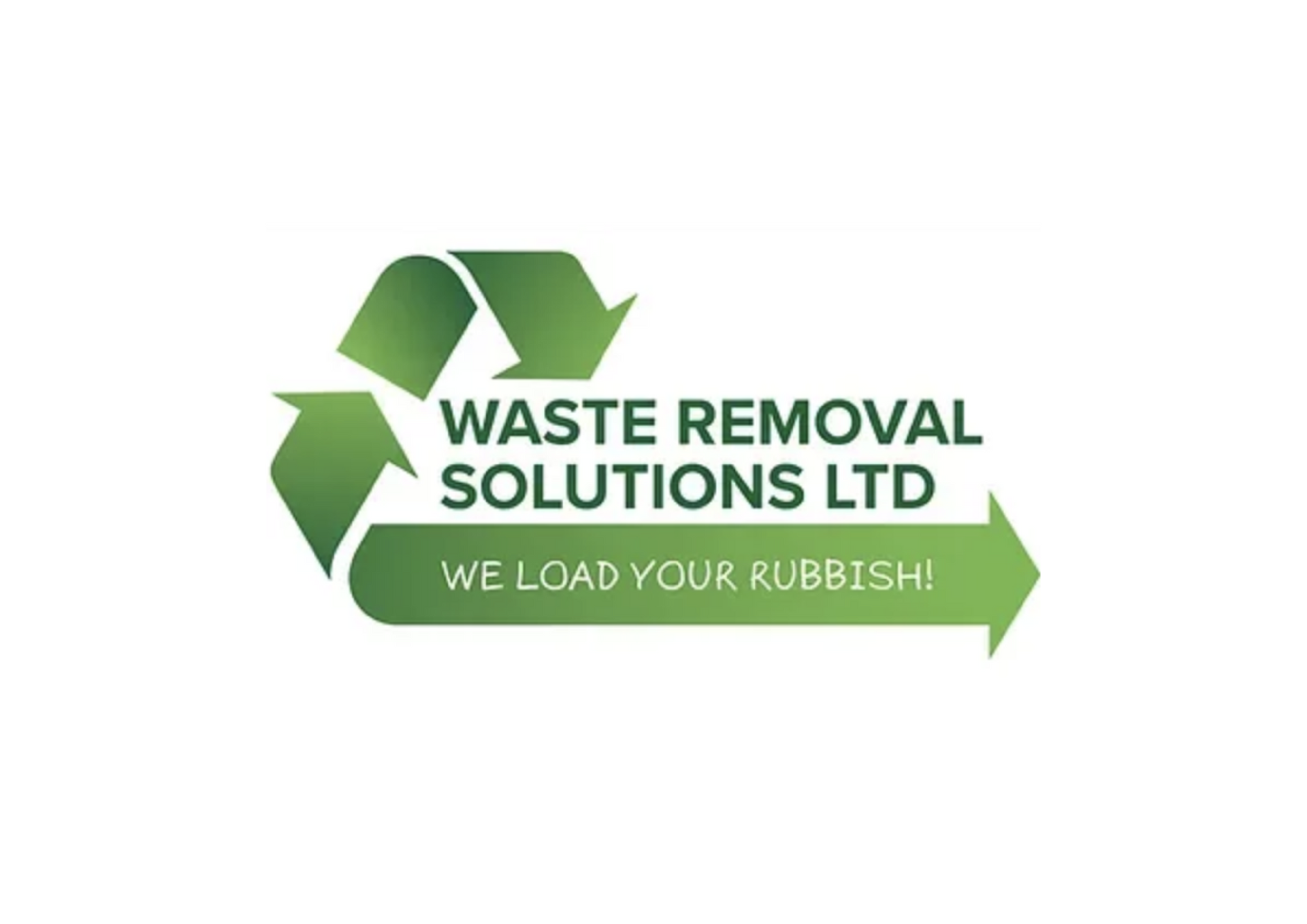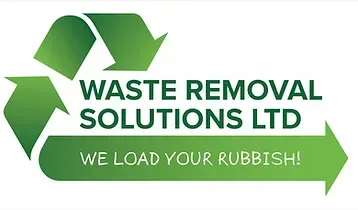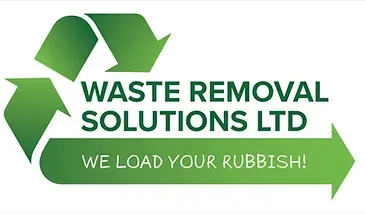Introduction: Why Eco-Friendly Disposal Matters More Than Ever
In an age of consumer convenience, it’s easier than ever to accumulate unwanted items — furniture, appliances, packaging, or old renovation materials. Yet, many of these items end up in landfill unnecessarily.
Every year, the UK produces millions of tonnes of household waste, much of which could be recycled or repurposed. As environmental awareness grows, more homeowners are choosing to make a difference by decluttering the right way.
An eco-friendly home clear-out isn’t just about throwing things away; it’s about making conscious choices — reducing waste, reusing what you can, and ensuring responsible disposal of what’s left. At Waste Removal Solutions, we help homeowners, landlords, and businesses across the South East manage their waste in a cleaner, greener way.
Step One: Reduce Before You Remove
The most sustainable waste is the waste that never gets created. Before you start your clear-out, take time to think about how you can
reduce what you throw away.
Ask yourself:
Do I really need to replace this item, or can it be repaired or repurposed?
Could I sell or donate it instead of discarding it?
Can I buy or replace items more sustainably in the future?
Simple habits like avoiding excessive packaging, buying durable furniture, or repairing broken household goods can significantly reduce waste generation. It’s about shifting from a disposable mindset to a sustainable one.
When the time does come to clear out, sorting items carefully before disposal makes the entire process more efficient and environmentally responsible.
Step Two: Reuse and Donate Wherever Possible
Before sending items to recycling or disposal, identify what can be reused or donated. Many things that no longer serve a purpose for you could still be useful to someone else.
Here are common household items that can be reused or given a second life:
Furniture in good condition (tables, wardrobes, chairs, sofas)
Electrical items that still work (TVs, lamps, small kitchen appliances)
Books, clothes, and toys
Home décor and kitchenware
Consider donating to local charities, community groups, or reuse networks. Many areas have free collection services for reusable household goods. If you’re downsizing or moving house, reusing and donating can dramatically reduce the volume of waste you need to dispose of — saving you both money and environmental impact.
Step Three: Recycle Responsibly
For items that can’t be reused, recycling should always come next. Recycling conserves raw materials, saves energy, and reduces landfill waste. However, recycling can be complicated, and not everything that appears recyclable actually is. Sorting materials into categories such as metal, plastic, glass, wood, paper, and green waste makes a huge difference. Each has its own recycling stream and set of rules.
For example:
- Cardboard boxes and packaging can go to your local recycling centre.
- Garden waste such as soil, branches, and grass cuttings can be composted.
- Metal fixtures and fittings should be recycled through approved facilities.
When you book a collection with Waste Removal Solutions, we handle all of this sorting for you. Our team ensures that recyclable materials are separated at the point of collection and processed through licensed recycling centres. It’s a simple, hassle-free way to do your part for the planet.
Step Four: Dispose of Remaining Waste Responsibly
After reducing, reusing, and recycling, there will still be items that need proper disposal — such as broken furniture, old appliances, or materials that can’t be recycled.
This is where many people make mistakes. Certain items — like fridges, freezers, paints, and electricals — are illegal to dispose of in general waste or skips. They must be handled by licensed waste carriers who follow strict environmental guidelines.
Using a professional service like Waste Removal Solutions ensures:
- Your waste is collected safely and legally.
- Hazardous items are processed through authorised disposal channels.
- Up to 95% of materials are diverted from landfill.
- You receive full peace of mind knowing your waste has been managed responsibly.
We provide collection services for everything from small domestic loads to full property clearances. Whether you’re renovating, decluttering, or moving out, we make sustainable waste removal simple.
Step Five: Plan for Long-Term Sustainability
An eco-friendly clear-out isn’t just a one-time task — it’s a mindset that can shape how you manage your home in the future.
To maintain a sustainable household:
- Choose products with minimal or recyclable packaging.
- Repair and repurpose instead of replacing.
- Schedule regular, smaller clear-outs to avoid major waste build-ups.
- Support local recycling initiatives and donation schemes.
By integrating these habits into your lifestyle, you’ll not only keep your home clutter-free but also reduce your carbon footprint and contribute to a cleaner environment.
How Waste Removal Solutions Supports Sustainable Living
At Waste Removal Solutions, we believe that responsible waste disposal shouldn’t be complicated. Our mission is to make it simple, affordable, and environmentally sound for every customer.
We’re proud to:
Operate as a fully licensed waste carrier by the Environment Agency.
Offer same-day and next-day collections from just £69.
Handle all sorting, loading, and recycling on your behalf.
Divert the vast majority of waste from landfill.
Provide friendly, professional service across Oxfordshire, Berkshire, and West London.
When you choose us, you’re not just clearing out your home — you’re contributing to a sustainable waste management system that benefits everyone.
Book Your Eco-Friendly Waste Collection Today
Clearing your home doesn’t have to come at the cost of the environment. Whether you’re replacing old furniture, refreshing your garden, or renovating a property, we’ll help you dispose of everything safely and sustainably.
Same-day and next-day service available
- Fully licensed and insured team
- Environmentally responsible waste processing
- Prices starting from £69
Book your collection online today and take the stress out of responsible waste disposal.
Book Your Collection Now













